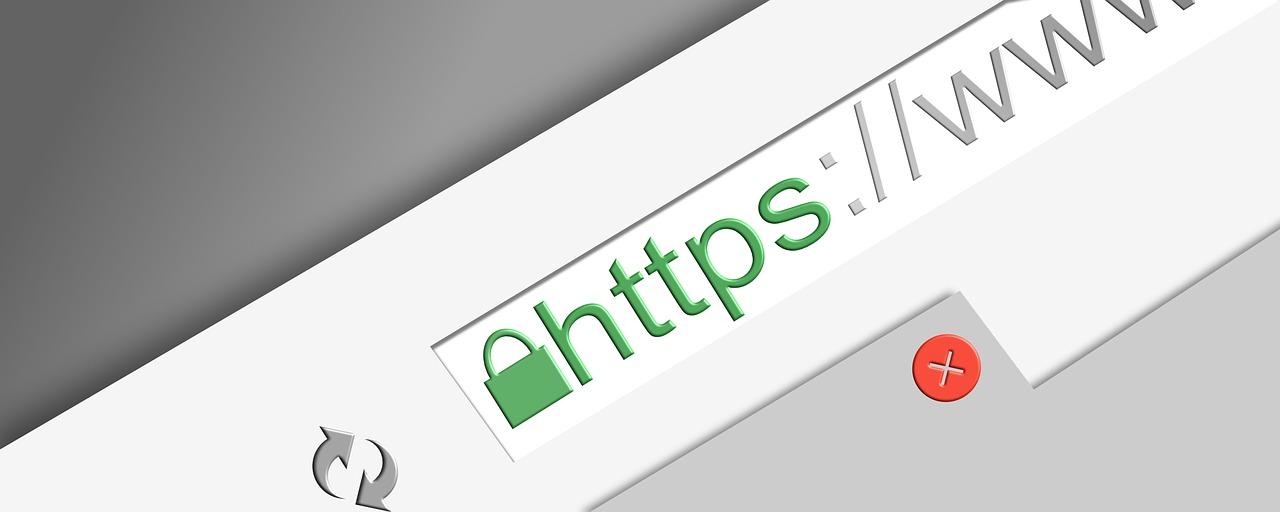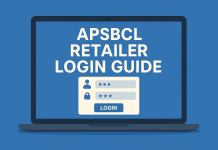Your website is the virtual gateway to your business and must be protected with cutting-edge security tools like the SAN or the Wildcard SSL certificate. Else, you may have to deal with hackers who are always eager to break into private networks to steal valuable data. If that doesn’t bother you because you operate a small business, here’s something you need to know.
Around 43% of the total victims of security incidents were small businesses like yours — a segment that was worst hit by the breaches. Experts state that close to 60% of such enterprises ran out of business within six months from the breach.
If you don’t want to be one of those victims entangled in litigation and distrusted by customers, then start investing in a proactive security plan. Since small businesses often have a relatively smaller budget, doing this becomes a wee bit difficult, so we decided to help. We’ll tell you how you can ensure better security and that too without spending a lot of money.
1. Start with the Correct SSL Type
When choosing an SSL certificate, there are many types like the Domain Validated (DV) SSL, Wildcard SSL, SAN SSL, etc. Making the right choice is essential to reduce administrative and certification costs, but not many people realize that. Instead, most website owners pick the cheapest option available and end up in a mess.
You can avoid that by carefully picking one based on three major factors — your business model, website architecture, and how your IT infrastructure is planned. If you are an Affiliate Marketer or an Application Service Provider, it is evident that you manage multiple domains. In that case, a SAN SSL or a Multi-Domain SSL can help you reduce SSL costs. That is as far as the business model is concerned. Coming to the website’s architecture, you need to analyze whether your business uses or intends to use multiple domain names.
On the other hand, if you use a single primary domain and multiple subdomains, you will have to encrypt the primary domain and subdomain explicitly. Each subdomain is counted as a unique domain and must be encrypted by installing multiple DV SSLs or a single Wildcard SSL certificate. Finally, if your IT infrastructure consists of the intranet and mail servers, picking a SAN SSL makes sense because it lets you encrypt all of that and your website with a single SSL.
2. OV Wildcard SSL for Small Businesses
For most small and mid-sized businesses that use a single domain name, the Organization Validation (OV) Wildcard SSL should suffice. It is a truly excellent solution designed for businesses that seek third-party validation to establish their online reputation.
Unlike the free SSL provisioning websites, the Wildcard SSL certificate providers are reputed CAs who perform in-depth verification of your business. You can then find its mention in the digital certificate, which increases credibility and draws more customers. It is an ideal solution for retail e-commerce businesses, small business websites, drop-shipping websites, and so on.
3. Your Certificate Authority Matters
Free SSL certificates do not come from reputed Certificate Authorities (CA) like Comodo, GeoTrust, and Thawte. If it did, then probably no one would have invested in an SSL certificate, but they do, and that’s because they know its value. Unlike free SSL providers, a reputed CA does not automate the SSL approval process and has a team performing manual verification before issuing an SSL. This retains the integrity of the validation process, which is then mentioned in the digital certificate.
4. Do you get a Money-Back Guarantee?
Before you pick an SSL certificate for your website, look for the no qualms money-back policy which lets you terminate the services within a predetermined period. Sounds too good to be true? Well, most reputed CAs put you in the driver’s seat and let you decide whether to continue with their SSL or not. This is done by offering customers a 15 or 30-Day money-back option.
5. Customer Support
Unless you have the technical expertise to install and renew SSLs, you might end up incurring additional administrative costs. Since certificates like the Wildcard SSL are designed for convenience, many Wildcard SSL certificate providers will help you out with the one-time installation. You can then tuck away the private key and restrict its access only to yourself. The private key is the decoder that you must protect to prevent security breaches that insiders can cause.
6. Make a long-term investment.
For the sake of maintaining integrity in the world of the internet, SSL certificates are issued only for one year, after which they must be renewed. However, SSL providers let you buy a long-term subscription to their services at a discounted rate. So, you pay a one-time sum to remain subscribed to their services for a certain number of years and apply for renewal after each year for free. Here, you can save up a lot of money by opting for a 5-year or higher subscription plan.
7. Look for Warranty
While browsing through free SSL options, you’ll never hear a mention about warranty in case of mis-issuance. This is a unique add-on that many reputed SSL providers offer. It protects small businesses and helps them remain afloat in case of a breach. After all, one in every six small businesses shuts down within six months of a data breach. So, some monetary aid during such times would be extremely useful.
Final Takeaway
Even if your business has a solid brick-and-mortar presence and your website is just out there generating a small fraction of your revenues, don’t neglect it. Else, you could lose customer data or be part of a supply chain attack launched to target your high-profile customers. Therefore, a sound security plan is crucial for any business, and that is never complete without a SAN or Wildcard SSL certificate.






